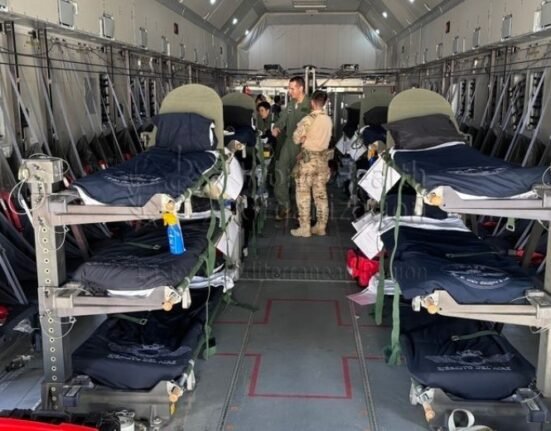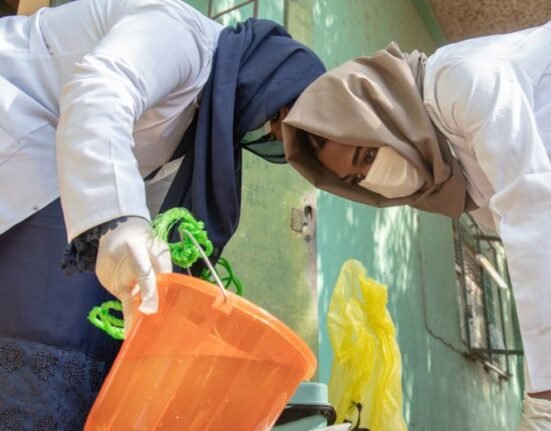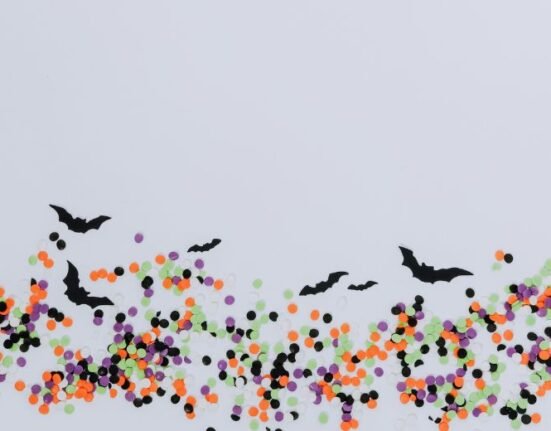HQ Team
March 18, 2023: The WHO slammed the Chinese authorities for not being transparent in sharing data related to COVID-19 origins and urged Beijing to conduct “investigations and share the results” with the global health agency.
“Last Sunday, WHO was made aware of data published on the GISAID database in late January, and taken down again recently,” said WHO director-general Dr Tedros Adhanom Ghebreyesus in an e-mailed statement.
The Chinese Center for Disease Control and Prevention (CDC) data relates to samples taken at the Huanan market in Wuhan in 2020. While it was online, scientists from various countries downloaded and analysed the data.
“As soon as we became aware of this data, we contacted the Chinese CDC and urged them to share it with WHO and the international scientific community so it can be analysed. We also convened the Scientific Advisory Group for the Origins of Novel Pathogens, or SAGO, which met on Tuesday,” Dr Tredos said.
“We asked researchers from the Chinese CDC and the international group of scientists to present their data analyses to SAGO.
Opaque dealings
“These data could have – and should have – been shared three years ago.
We continue to call on China to be transparent in sharing data, and to conduct the necessary investigations and share the results,” he said.
GISAID, the Global Initiative on Sharing Avian Influenza Data, is a global science initiative established in 2008 that provides open access to genomic data of influenza viruses and the coronavirus responsible for the COVID-19 pandemic that has killed more than seven million people globally.
The Chinese CDC is based in Beijing and is directly under the National Health Commission.
On March 16, three scientists, an international team of virologists, genomicists, and evolutionary biologists analysing COVID-19-positive samples taken from swabs around the Huanan Seafood Wholesale Market in China, said they found evidence that the virus could have originated from an infected animal, possibly a raccoon dog, brought in to the market through illegal trade.
The data was taken in January 2020, when Chinese authorities shut down the Huanan market on suspicions of a link to the virus.
Vanishing data
Florence Debarre, a French scientist working at the French National Center for Scientific Research, by chance searched a database for information related to the Huanan market when she noticed more sequences than usual popping up, according to a report by the Atlantic.
She was curious to know if they contained new data. Dr Debarre set them aside and logged in last week to discover that they held a trove of raw data, according to the report, which stated the virus and the animal did not prove that a raccoon dog itself was infected.
Even if a raccoon dog had been infected, it would not be clear that the animal had spread the virus to people. Another animal could have passed the virus to people, or someone infected with the virus could have spread the virus to a raccoon dog.
It is still unclear why China’s CDC researchers posted the sequences to GISAID last week. They also vanished from the database shortly after appearing, without explanation, according to the Atlantic.
“Even as we become increasingly hopeful about the end of the pandemic, the question of how it began remains unanswered,” WHO’s Dr Tedros said.
‘No definitive answers
“These data do not provide a definitive answer to how the pandemic began, but every piece of data is vital in moving us closer to that answer. And every bit of data relating to studying the origins of COVID-19 needs to be shared with the international community immediately.
“Understanding how the pandemic began remains both a moral and scientific imperative. Even as we look back to the beginnings of this pandemic, we are continuing to look forward, to strengthen the world’s defences against future epidemics and pandemics,” he said.
He said globally, nations must come together, and no one nation can fight future pandemics alone.
“We can only face shared threats with a shared response, based on a shared commitment to solidarity and equity. That is what the pandemic accord that countries are now negotiating is all about: an agreement between nations to work in cooperation with each other – not in competition – to prepare for and respond to epidemics and pandemics.”
“We have a duty to ourselves to end this pandemic as soon as possible.
We have a duty to those we have lost to find out how it started,” Dr Tredos said.








